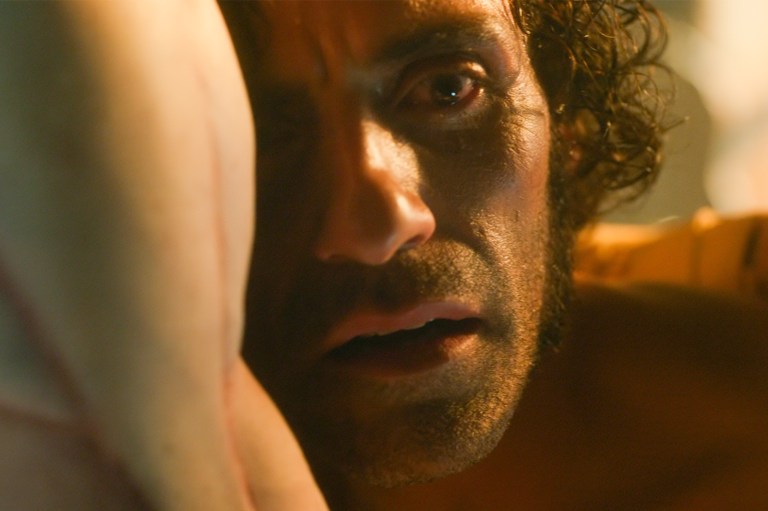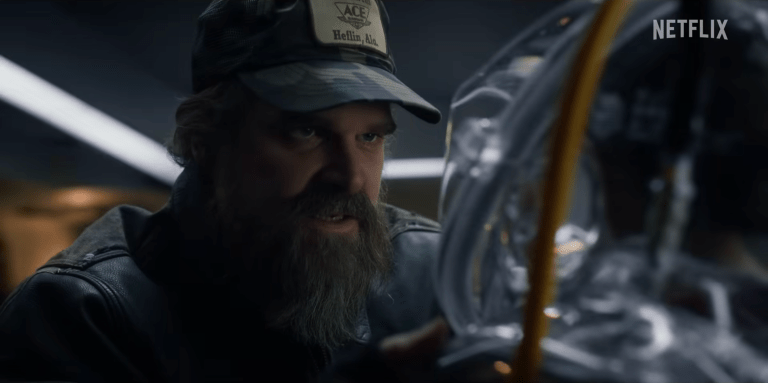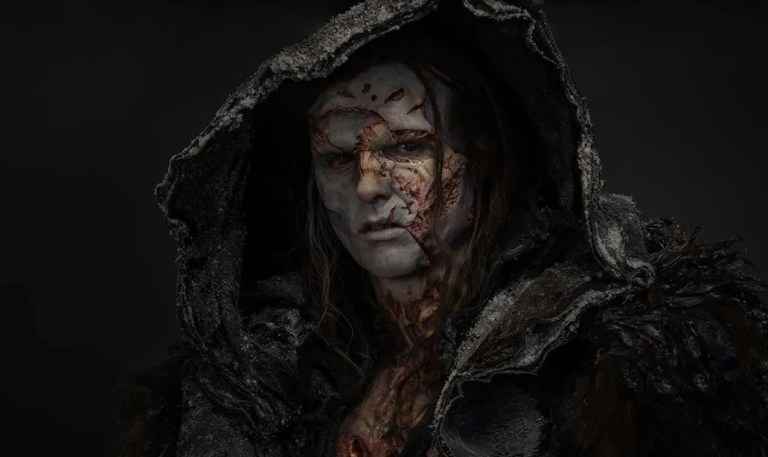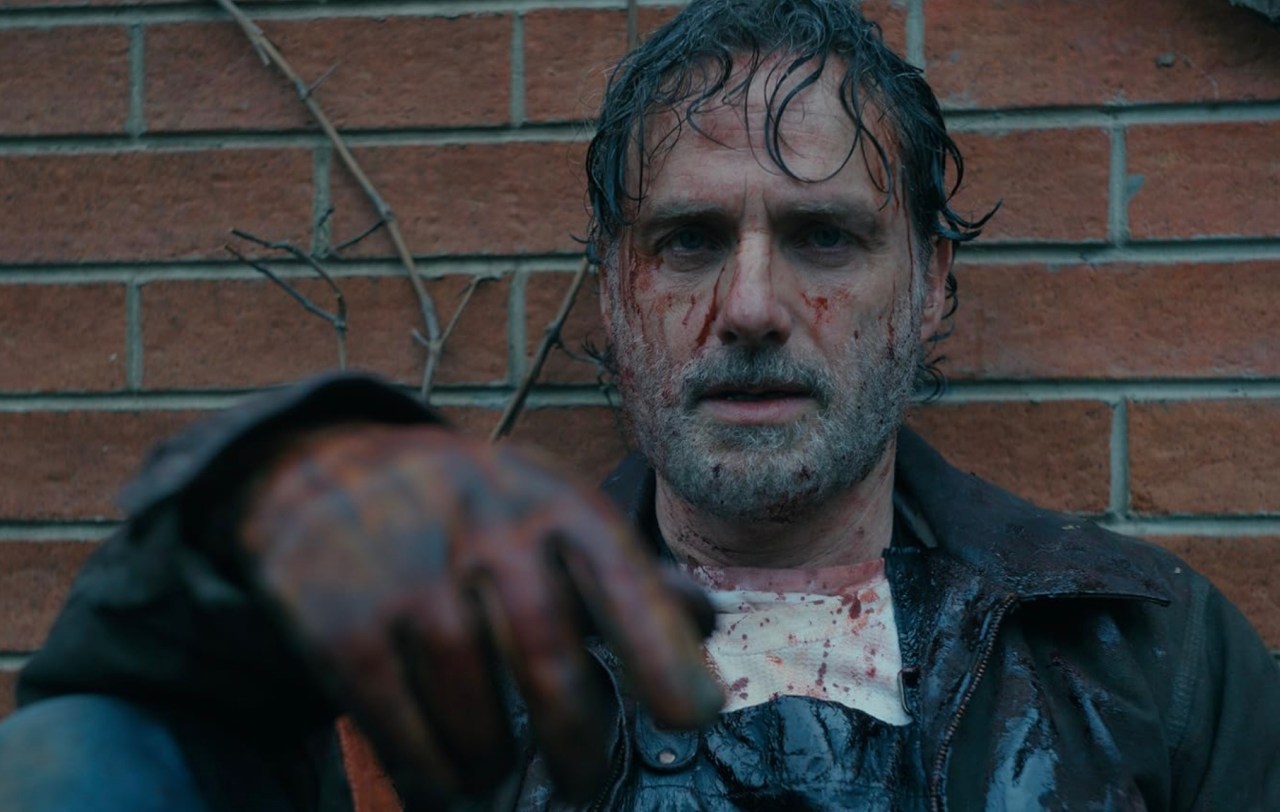
7 Beloved TV Shows That Went On For Way, Way Too Long
As great as these TV shows were, they should have called it quits sooner than they did.
In many ways, the hallmark of any great TV show is knowing when to call it quits.
Having accrued a dependable audience of fans with each new season, a truly exceptional TV show recognizes the need to close out their series with a satisfying final conclusion. Whether talking about long-running sitcoms or weighty crime dramas, almost all of the best TV series often have a definitive end in sight from the very beginning, allowing viewers to form their own hope and expectations regarding the shows’ ongoing storylines and foremost main characters.
However, not every television showrunners knows when exactly to wrap up their once successful TV series. Rather than ending on a blessed high note, these series limped along with increasingly underwhelming seasons, many of which failed to command the same level of respect and attention as their far better received earlier installments.
The Office
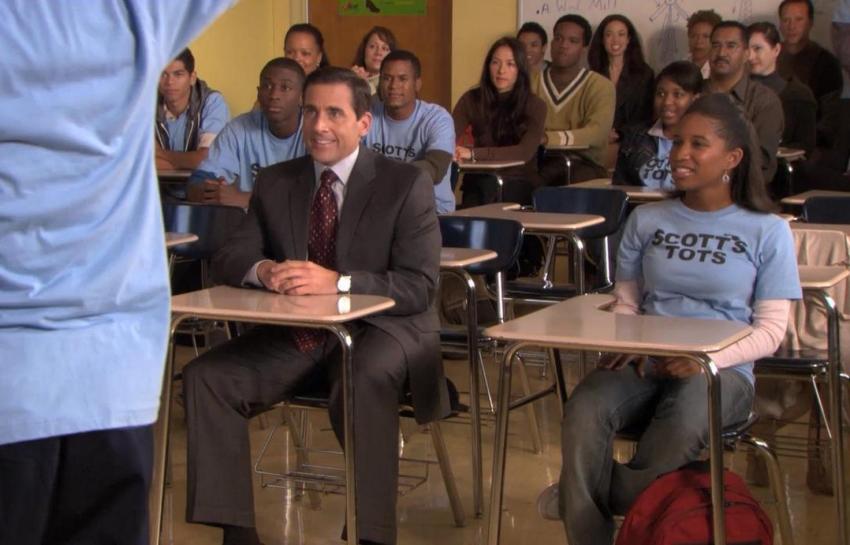
It’s next to impossible for a show to carry on after the departure of its main star. Just as it failed to work with Two and a Half Men and That ‘70s Show, The Office found themselves in a similarly tough predicament when Steve Carrell left the series at the end of its seventh season. Rather than end the show around Michael’s departure, The Office’s creators boldly decided to replace Carrell with Ed Helms’ music-loving manchild, Andy Bernard, as Dunder Mifflin’s next branch manager. While it continued on for two more seasons, it became quite obvious to The Office’s viewers that the series simply wasn’t the same without Michael holding the show in tact. In many ways, watching the series following his departure felt like watching The Sopranos without Tony, Seinfeld without Jerry, or Breaking Bad without Walter White.
Dexter
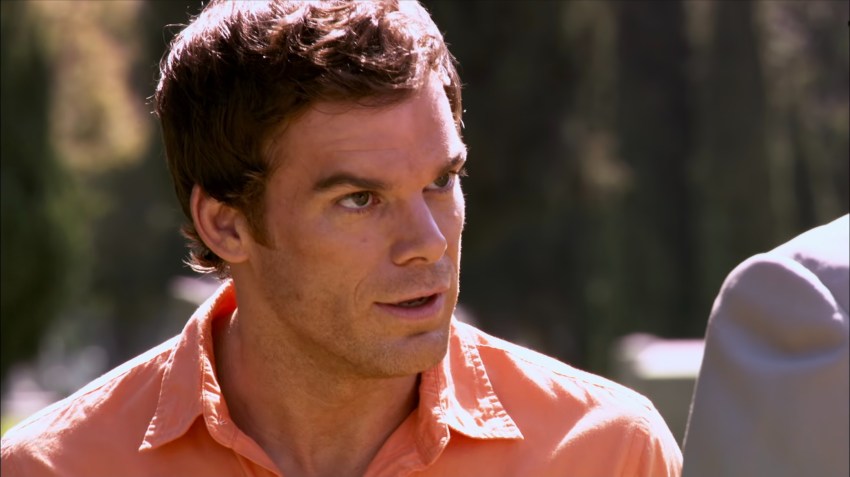
Throughout its initial five seasons, Dexter earned widespread acclaim for its morally ambiguous characters and highly unorthodox main narrative. Rather than focusing on yet another industrious police investigator with a strict moral code, Dexter turned the entire police procedural drama on its head, casting a principled serial killer as its lead protagonist. As remarkable as the series was in its infancy, Dexter soon collapsed in on itself with the on-set of its sixth season. Above all else, audiences took issue with Dexter’s impenetrable plot armor and lack of organic character growth, with many feeling the series’ showrunners started turning to increasingly simplistic storylines at odds with Dexter’s emotionally complex earlier seasons.
Family Guy
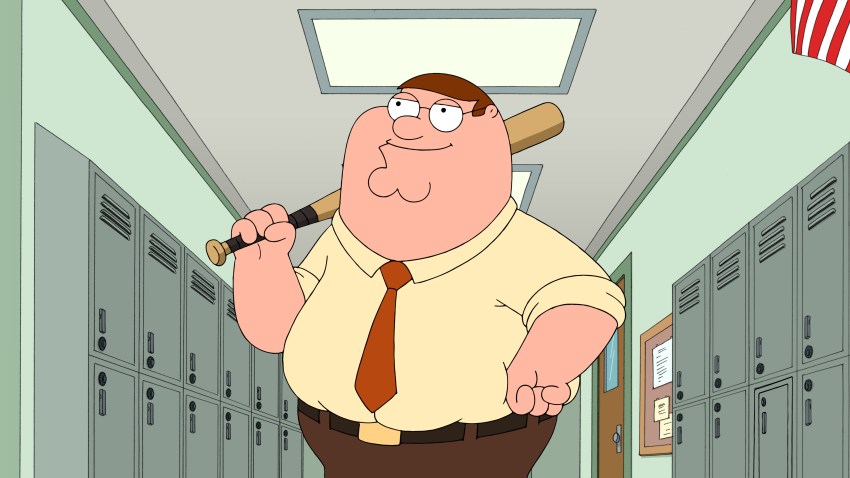
It says a lot that even series creator Seth MacFarlane believes Family Guy should have ended around its seventh season. When Family Guy first came on the air in 1999, many audience members viewed it as a raunchier alternative to the increasingly family-friendly tone of The Simpsons. Yet by the end of the 2000s, it had become clear that Family Guy’s once edgier brand of comedy had grown lazier and lazier over time. If you tune into an episode today, most viewers who’d watched the series in its prime might not even recognize the Family Guy they fell in love with two decades ago, whether looking at the series’ hyper-violent humor, annoying characters, or unremarkable episodic storylines.
The Walking Dead
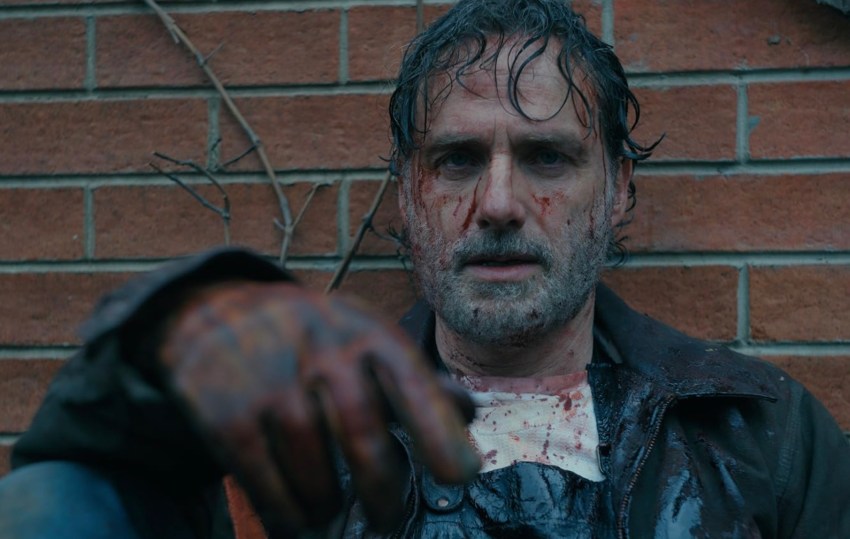
Arriving just in time for the zombie craze of the late 2000s, The Walking Dead captured the attention of mainstream audiences around the globe. Having spent decades pining for a full-fledged TV series centered around a zombie apocalypse, viewers could only express their avid enthusiasm with the underlying plot and characters presented in The Walking Dead’s earliest. Right around Season 6, however, that enthusiasm slowly began to peter out, thanks in large part to glacially-paced storylines and the abrupt exit of fan-favorite characters. By the time its final seasons rolled around, The Walking Dead gradually reclaimed some of the momentum it had lost halfway through the series. But even then, it wasn’t enough to rope in the millions of viewers it had lost along the way.
M*A*S*H
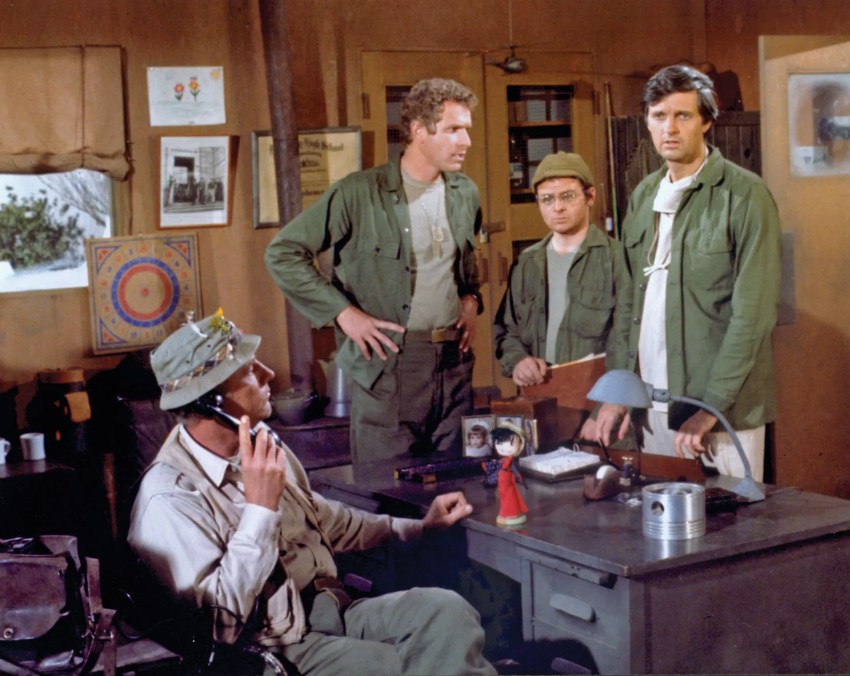
Famously, M*A*S*H lasted eight years longer than the actual Korean War, spanning a whopping 11 seasons on CBS whereas the historical counterpart ended after three years of fighting. While there’s no denying the series’ significant popularity as one of the best sitcoms of the 1970s, a serious argument can be made that M*A*S*H should never have made it past Season 6. With most of the original cast exiting the series sometime around Season 5, M*A*S*H seemed to run out of steam by Season 9 aired in the autumn of 1980, with most of the remaining cast visibly older and less energetic than they were a decade prior.
Grey’s Anatomy
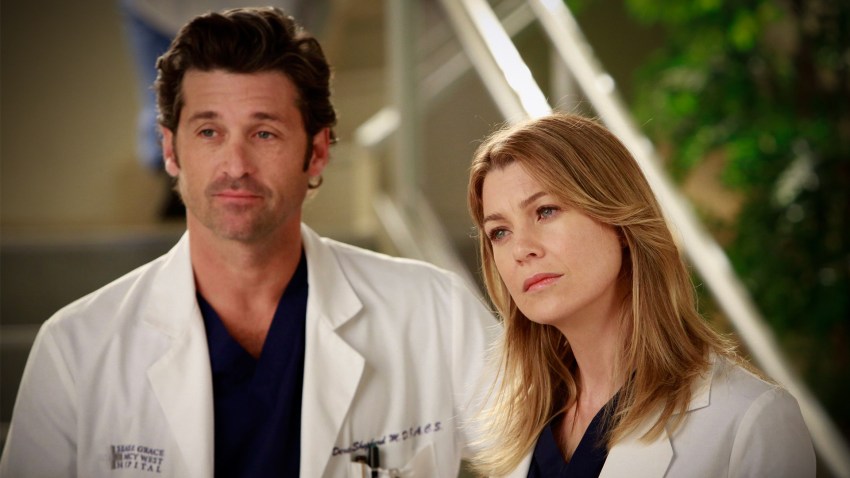
For the past 20 years, Grey’s Anatomy has remained the benchmark for renowned medical dramas, earning a similar spot in the pop culture zeitgeist as E.R. before it. Though it’s maintained its high viewership numbers for the past 20 years, it’s also clear that the Grey’s Anatomy of old is a far cry from the current TV series fans are watching today. With series mainstays like Sandra Oh, Katherine Heigl, Justin Chambers, and Patrick Dempsey having departed the series back in the late 2000s and early 2010s, most viewers can only wonder whether Grey’s Anatomy will survive with the imminent exit of Ellen Pompeo (although it almost certainly shouldn’t).
The Simpsons
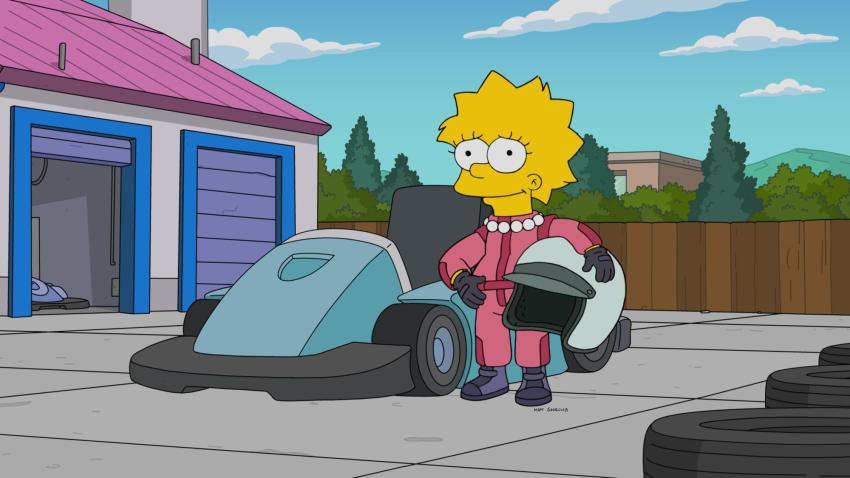
One of the longest-running American series ever made, The Simpsons is currently in its 36th season on television – although it’s long since lost the magical spark it had in the 1990s. As much as we all love to see the dysfunctional Simpson brood terrorize the colorful streets of Springfield, The Simpsons simply lost its critical edge when the show entered the new millennium. Having officially exhausted their supply of feasible stories, all we’re left with nowadays is a tired reminder of what The Simpsons used to be: intelligent, groundbreaking, and filled with sharp writing and vivid characterization.

